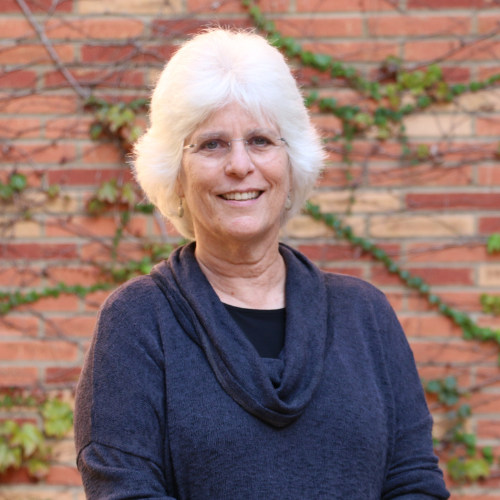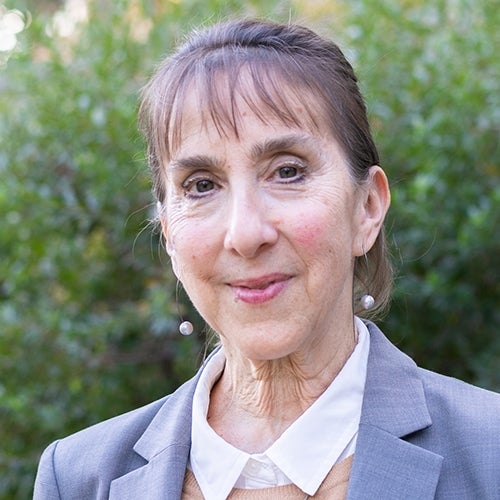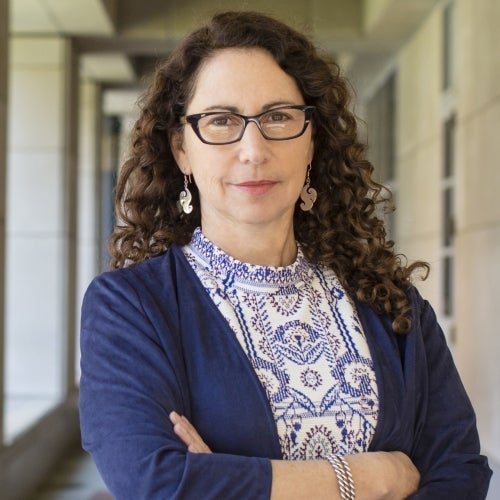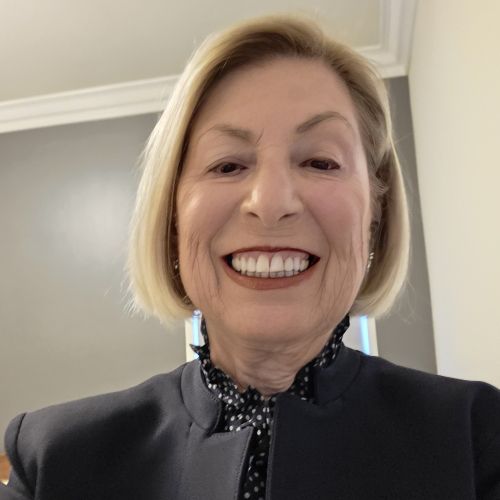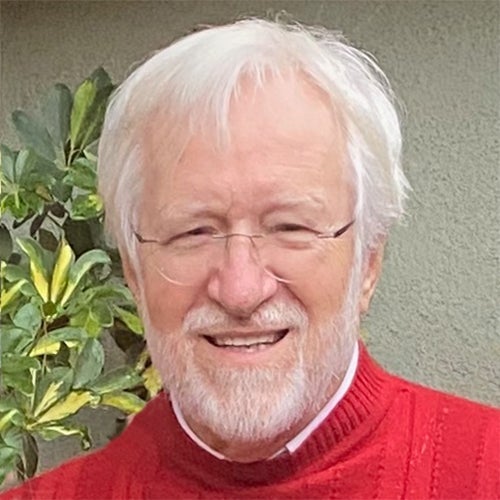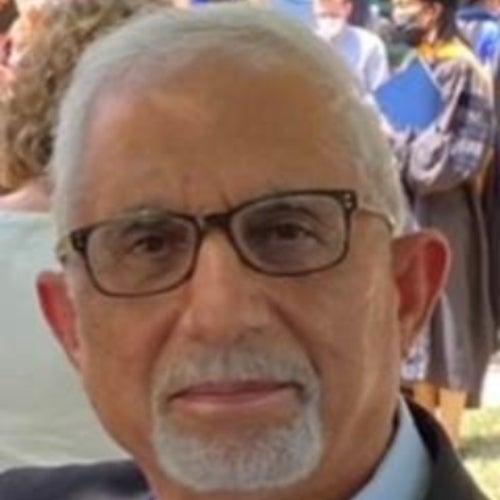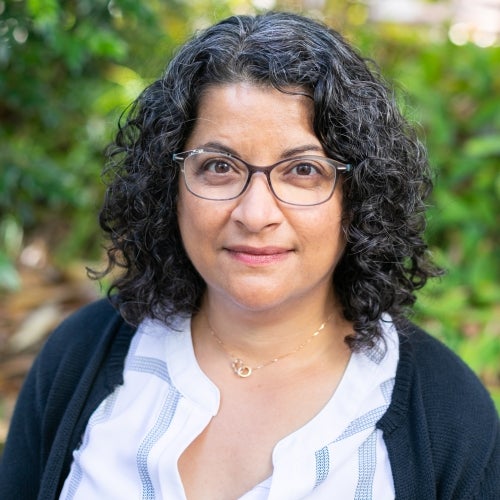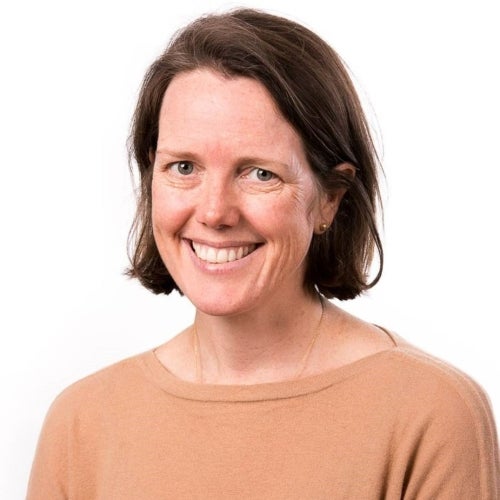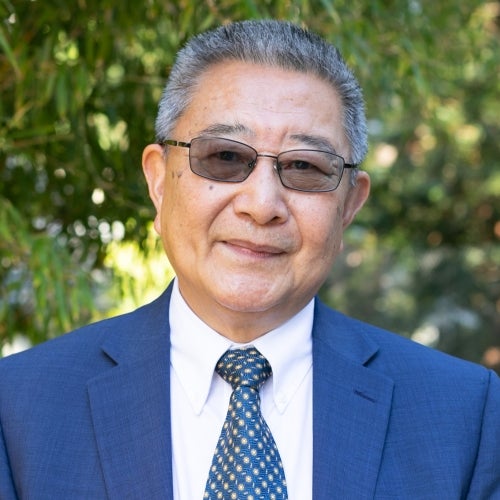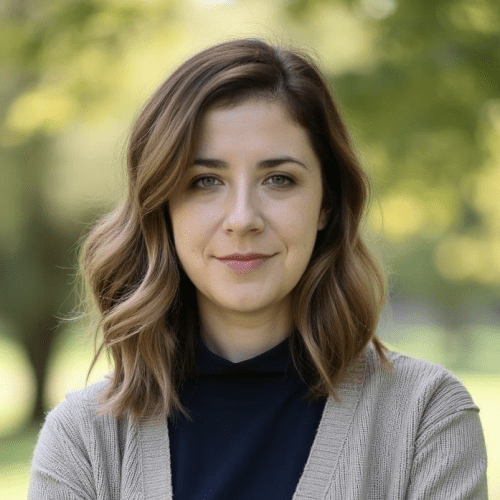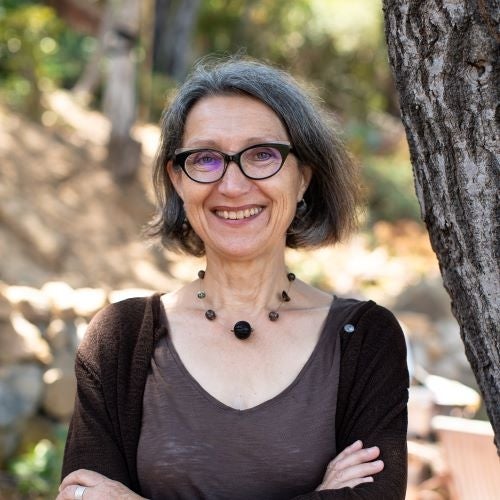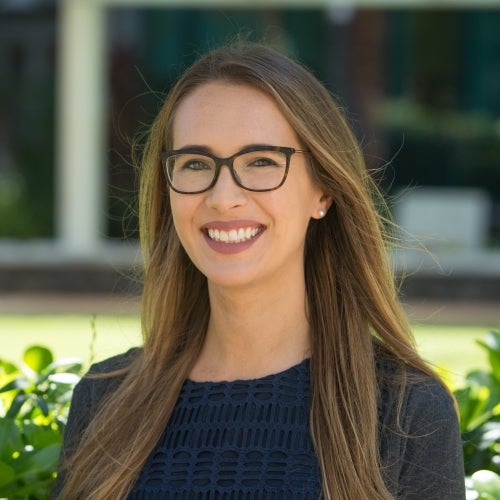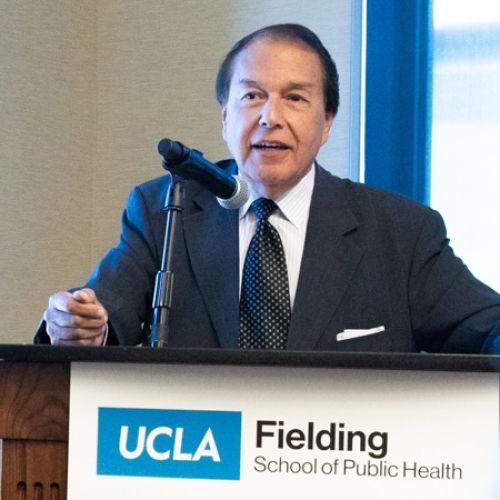UCLA Fielding School of Public Health researchers study the toll of COVID-19 on multiple communities
New work illustrates the impact of pandemic on Blacks, American Indian/Alaska Natives, and Asian Americans, Native Hawaiians, and Pacific Islanders
Research co-authored by UCLA Fielding School of Public Health faculty and staff illustrates the disproportionate impact of COVID-19 on ethnic communities in the United States over the past three years, and the need to improve understanding of how the pandemic rippled through those same groups.
The research, three separate but thematically-linked articles in the October edition of the American Journal of Public Health, makes it clear that not only have American racial and ethnic minorities suffered more heavily than the population generally, but the results illustrate long-standing weaknesses in how the U.S. public health system tracks and reports health data, especially in times of crisis.
“What these articles show is how inequities in the data play a role in the mortality and morbidity in infectious disease outbreaks,” said Dr. Vickie Mays, UCLA Fielding School of Public Health professor of health policy and management and a co-author of two of the reports. “We often focus first on some behavior of the person as the root cause of being infected and getting sick, but in terms of prevention, sometimes it is as simple as making sure that we have the data to help that person know their risk for getting infected - which is a part of the process in changing behaviors or adhering to public health advisories.”
As examples, in “The Accumulation of Disadvantage: Black Children, Adolescents, and COVID-19 Data Inequity,” Mays and co-authors (including Dr. Susan Cochran, UCLA Fielding School of Public Health professor of epidemiology) found a large proportion of the COVID-19 case data reported to the U.S. Centers for Disease Control and Prevention by state health departments were missing race and ethnicity, and that in many states, the number of Black children diagnosed with COVID-19 during the first two years of the pandemic was substantially higher than current data suggest.
“Yet this flawed data was used at the federal level for guidance on school reopening and other risk assessments,” Cochran said. “As we move into the third year of this pandemic, it is critical that we create data infrastructures that will mitigate what are sure to be accumulating COVID-related disadvantages, especially for Black children and adolescents.”
In “Data Equity in American Indian/Alaska Native Populations: Respecting Sovereign Nations’ Right to Meaningful and Usable COVID-19 Data,” the co-authors, including Mays, Cochran, and Dr. Randall Akee with the UCLA Luskin School of Public Affairs and Department of American Indian Studies, found that more than half of the 12 tribal epidemiology centers in the U.S. experienced problems with access to federal data during the pandemic, and that even when these requests were addressed, some took a year to fulfill.
“This is particularly problematic for smaller tribal communities that do not have the resources to track and update local community data in a timely manner,” Akee said. “The CDC and Indian Health Service are usually the only reliable and timely data source for these under-resourced tribal nations; it is essential that AI/AN and other small and marginalized populations be included, before the next crisis, to ensure effective responses and to protect against unanticipated harm.”
In the third study, “Surveying Hate and Its Effects During the COVID-19 Pandemic Among Asian Americans and Native Hawaiians and Pacific Islanders,” the researchers found report that in California alone, surveys conducted nationwide during the pandemic in 2020 and 2021 estimated a range of 6% to 30% of Asian American, Native Hawaiians, or Pacific Islanders (AANHPI) respondents were victims of a hate incident. In 2020, the California Health Interview Survey, conducted by the UCLA Center for Health Policy Research, found that 28% of the respondents experienced or witnessed a hate incident that was connected to their Asian American, Native Hawaiian, or Pacific Islander (AANHPI) ethnicity.
As alarming as those statistics are, the research also demonstrates the lack of reliable national numbers on the same issues.
“Early in the pandemic in 2020, researchers were left to rely on a hodgepodge of media stories, health worker memorials, and data collected by special interest groups to obtain information on the toll of COVID-19 in AANHPI communities,” said Dr. Ninez Ponce, professor of health policy and management and co-author of the study with Dr. Riti Shimkhada, a senior research scientist at the UCLA Fielding School of Public Health’s UCLA Center for Health Policy Research. “Although we now know Native Hawaiians and Pacific Islanders suffered disproportionately from COVID-19 cases and deaths, the lack of disaggregated case and mortality data in public health surveillance systems obstructed detection of the disproportionate burden of COVID-19 among populations hidden in aggregated race categories.”
Overall, the researchers in all three cases suggest more effective public health responses in the future will require much more and timely granular reporting and effective coordination and access between health agencies across the United States.
“What we have shown is the critical need for a COVID-19 public health data governance structure in which data produced at the state and federal levels can better serve as the roadmap for risk reduction,” Mays said. “If the well-being of all of our children, of all of us, matters, then data equity requires public and private investments in surveillance systems, to more quickly and more precisely protect and monitor the health and well-being of all our communities – especially those of color.“
SUPPORT:
Funding for the work of Mays, Cochran, Akee et al was provided by the National Institute of Minority Health Disparities, National Institutes of Health (NIH; MD 006923) and the National Institute of Mental Health, NIH (MH 115344); this work was also supported by their co-authors: Dr. Jason L. Salemi, University of South Florida, Dr. Beth Pathak, Women’s Institute for Independent Social Enquiry, and Abigail Echo-Hawk, director of the Urban Indian Health Institute. Support for the work of Ponce and Shimkhada was provided by the California Health Interview Survey (CHIS) project, managed by the UCLA Center for Health Policy Research, the Asian American Studies Center and Dr. David Eisenman, UCLA Fielding School professor of community health sciences.
Faculty Referenced by this Article

Dr. Ron Andersen is the Wasserman Professor Emeritus in the UCLA Departments of Health Policy and Management.
Nationally recognized health services researcher and sociomedical scientist with 25+ years' experience in effectiveness and implementation research.

EMPH Academic Program Director with expertise in healthcare marketing, finance, and reproductive health policy, teaching in the EMPH, MPH, MHA program

Robert J. Kim-Farley, MD, MPH, is a Professor-in-Residence with joint appointments in the Departments of Epidemiology and Community Health Sciences
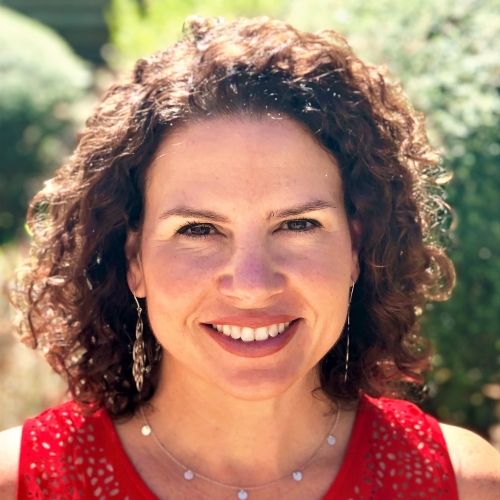
Dr. Joseph Davey is an infectious disease epidemiologist with over 20 years' experience leading research on HIV/STI services for women and children.

Dr. Anne Rimoin is a Professor of Epidemiology and holds the Gordon–Levin Endowed Chair in Infectious Diseases and Public Health.

Dr. Michelle S. Keller is a health services researcher whose research focuses on the use and prescribing of high-risk medications.

Professor of Community Health Sciences & Health Policy and Management, and Associate Dean for Research

